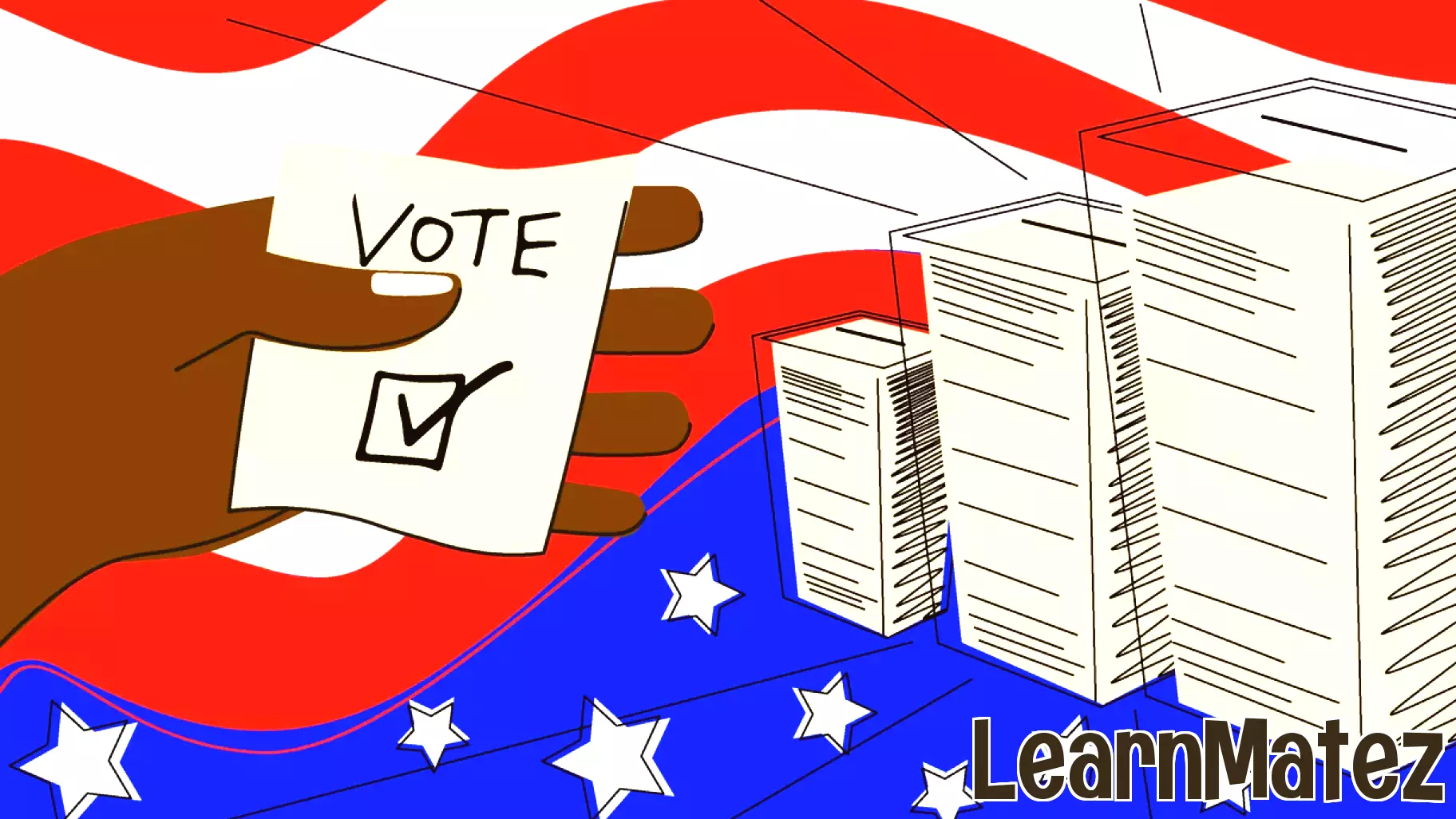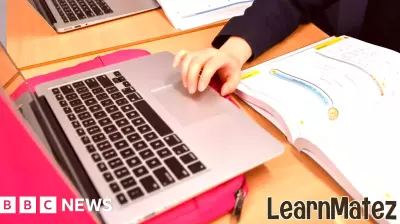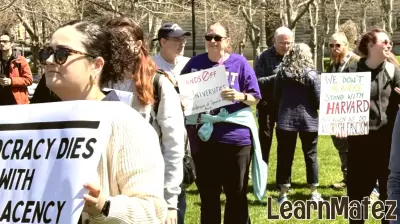December 19, 2024 - 00:56

The upcoming 2024 election is raising questions about the surprising support Donald Trump received from minorities and working-class Americans in previous elections. This phenomenon challenges traditional assumptions about voting patterns based on race and class. Many political analysts are exploring the complex interplay of factors that led to this alignment, which includes economic concerns, cultural identity, and a desire for change.
For many working-class individuals, Trump's message resonated with their frustrations over job losses and economic stagnation. His promises to revive manufacturing and prioritize American workers appealed to those feeling left behind by globalization. Additionally, some minority voters found common ground with Trump's stances on issues such as law and order and immigration.
Education also plays a crucial role in shaping voter behavior. As educational attainment varies across demographics, it influences perspectives on political issues. The 2024 election will likely see a continuation of these dynamics, as candidates aim to address the diverse needs and concerns of these groups. Understanding these motivations is essential for anyone looking to comprehend the evolving landscape of American politics.



